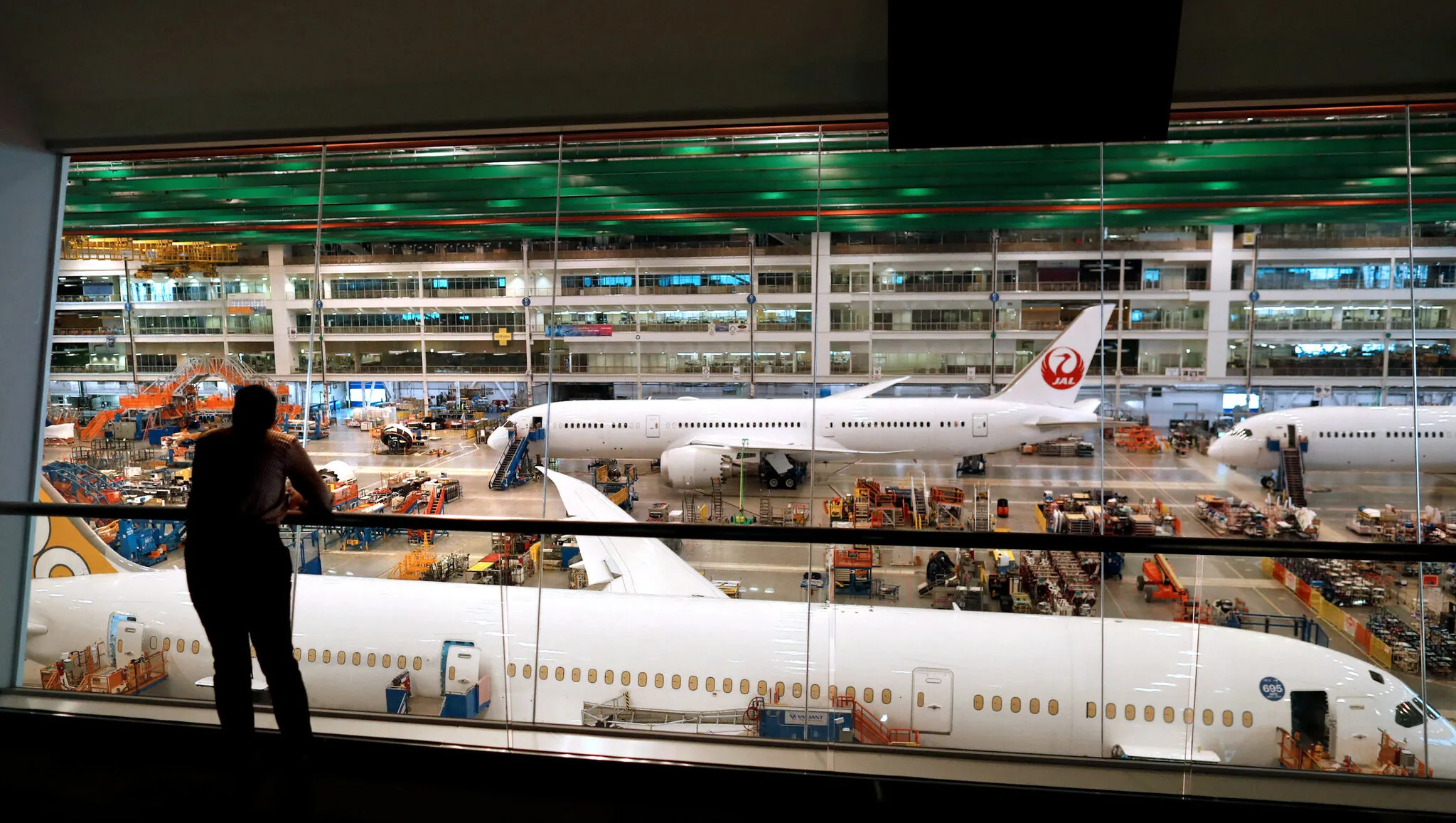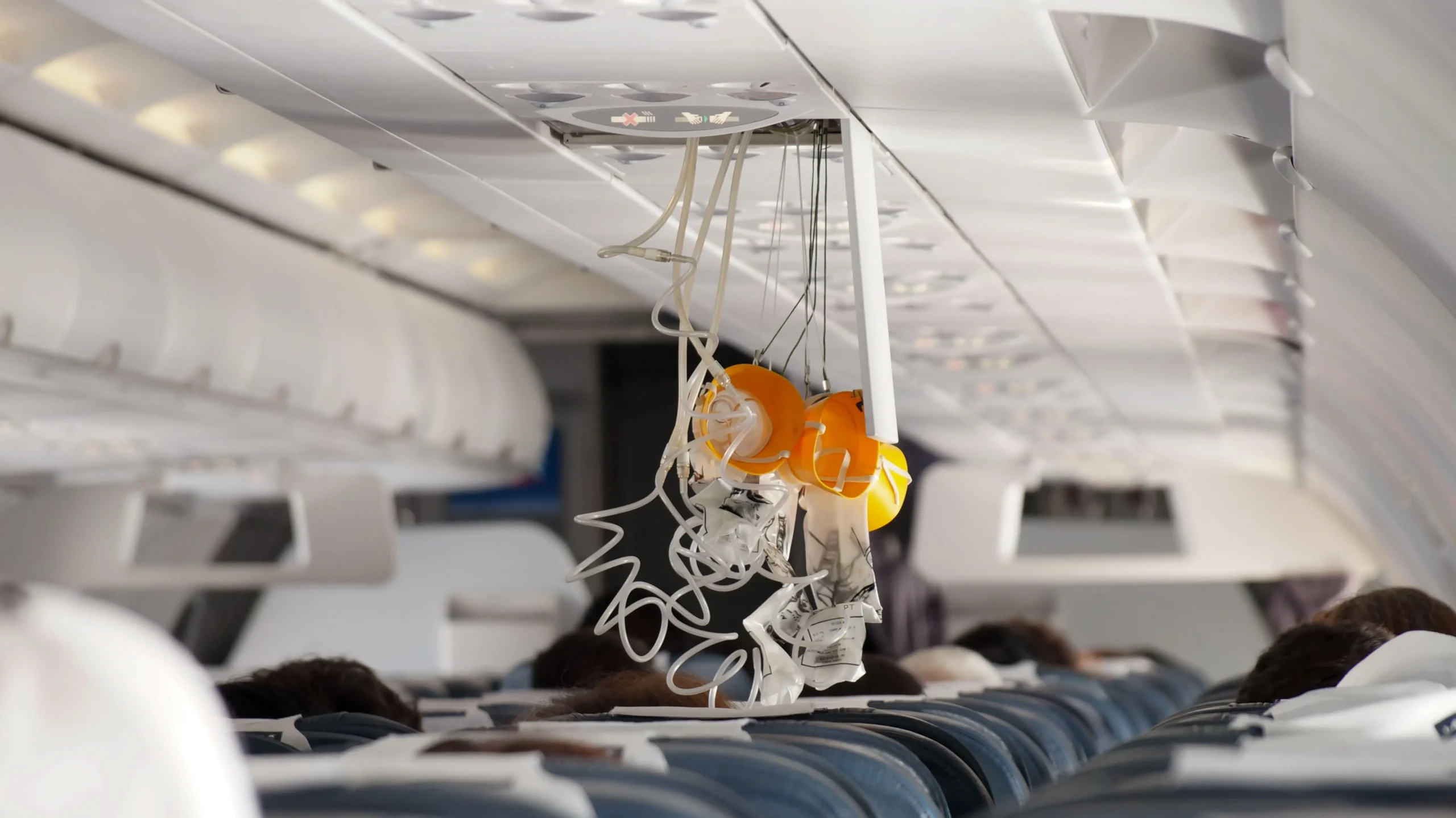
Boeing 767 Freighter Exemption: A Controversial Decision
On May 15, 2024, the U.S. House of Representatives approved an FAA reauthorization bill allowing Boeing an additional five years to produce the 767 freighters for FedEx and UPS. This decision grants Boeing a waiver from international fuel efficiency standards, enabling continued production until 2033 despite upcoming 2028 regulations mandating cleaner engines. This extension was heavily lobbied for by Boeing, with support from FedEx and UPS, ensuring these logistics giants can maintain access to their preferred aircraft model.
The exemption ostensibly serves as a stopgap measure, ensuring FedEx and UPS can manage their capacity needs until Boeing develops a new freighter model. However, this move raises significant environmental concerns and could potentially limit the operation of these freighters to the domestic U.S. market. The decision contradicts the international consensus on reducing carbon emissions in aviation, highlighting a troubling trend of regulatory leniency towards Boeing.
This legislative carve-out is not without controversy. Critics argue that it undermines international efforts to reduce carbon emissions in aviation. The International Civil Aviation Organization (ICAO) has established stringent fuel efficiency standards that will take effect in 2028. The U.S. Environmental Protection Agency (EPA) and the Federal Aviation Administration (FAA) adopted these standards in alignment with global environmental goals.
The exemption for Boeing’s 767 freighter raises environmental concerns, as it allows for continued production of aircraft that do not meet these upcoming efficiency standards. This decision could limit the operation of these freighters to domestic U.S. markets if international authorities decide to enforce the stricter standards more rigorously. Nonetheless, there is speculation that some countries may still permit the operation of these aircraft, creating an inconsistent regulatory landscape.
Industry experts point out that while this exemption provides short-term relief for FedEx and UPS, it also highlights the urgent need for Boeing to accelerate the development of a next-generation freighter. Boeing has indicated that the 787 Dreamliner could be the basis for this new model. Still, such an aircraft’s development and certification process will take several years.

Aviation Safety Under Scrutiny After Recent Incident
Compounding the controversy, a recent incident less than a week after the exemption, a Boeing aircraft underscores the urgent need for increased oversight. On a flight from London to Singapore operated by Singapore Airlines, severe turbulence led to the death of a 73-year-old British passenger and injured 30 others, including seven critically. The Boeing 777-300ER encountered turbulence as it approached a storm system over Myanmar, resulting in a rapid descent and significant passenger injuries. The plane diverted to Bangkok for an emergency landing, where passengers received medical treatment.
The turbulence encountered by the aircraft remains under investigation, with initial reports suggesting a sudden and intense storm formation over Myanmar. Satellite data indicates a rapidly developing weather system in the region, potentially contributing to the turbulent conditions experienced by the flight. Despite the efforts of the flight crew to navigate the adverse weather, the aircraft suffered significant turbulence-induced disruptions.
This incident serves as a sobering reminder of the unpredictable nature of air travel and the importance of safety measures to mitigate potential risks. While turbulence-related injuries are rare, they underscore the need for enhanced passenger awareness and adherence to safety protocols, including fastening seat belts during flight. As authorities continue to investigate the turbulence incident, airlines and regulatory agencies are reminded of their shared responsibility to prioritize passenger safety above all else.

Balancing Business Interests with Safety and Environmental Standards
Congress’s recent decision to exempt Boeing from the 2028 production cutoff for its 767 freighter raises essential questions about the balance between business interests and safety regulations. While the waiver relieves Boeing and its key clients, FedEx and UPS, concerns have been raised regarding the potential implications for safety and environmental standards in the aviation industry.
The exemption allows Boeing to continue producing 767 freighters beyond the mandated deadline, providing a lifeline for the aerospace giant and its commercial partners. However, critics argue that the move sets a dangerous precedent by prioritizing economic interests over environmental sustainability and regulatory compliance. With stricter emission standards set to take effect in 2028, granting exemptions to specific aircraft models could undermine global efforts to reduce carbon emissions in the aviation sector.
Moreover, the decision highlights the complex interplay between industry stakeholders, regulatory bodies, and legislative authorities. While Boeing and its clients advocate for flexibility in meeting demand for freighter aircraft, regulators face balancing economic considerations with safety and environmental imperatives. As the aviation industry grapples with evolving regulatory frameworks and sustainability goals, policymakers must ensure that decisions prioritize the safety of passengers, crew, and the environment above short-term economic interests.


A Call for Stricter Regulatory Oversight
In light of recent events, there is a pressing call for stricter regulatory oversight within the aviation industry. The decision to exempt Boeing from the 2028 production cutoff for its 767 freighter raises concerns about the adequacy of current regulatory frameworks in ensuring safety and environmental compliance.
While the waiver may serve short-term economic interests, it underscores the need for more robust oversight mechanisms to prevent potential safety lapses and environmental risks. Striking the right balance between business interests and regulatory standards is essential to safeguarding the integrity of the aviation sector and protecting the welfare of passengers, crew, and the environment.
Regulatory authorities must prioritize transparency, accountability, and stringent enforcement of safety and environmental regulations. By fostering a culture of compliance and accountability, regulators can mitigate risks, enhance safety standards, and uphold the highest levels of environmental stewardship across the aviation industry.
